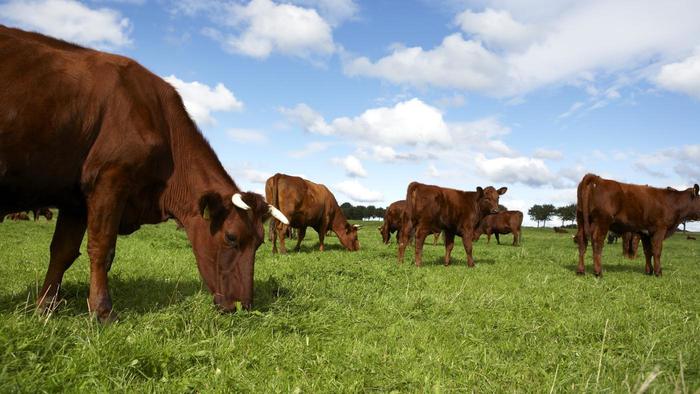
Global methane gas emissions are growing at the fastest rate in decades and food production could be to blame, new analysis has revealed.
That is the message of a team of international scientists in an editorial published today (12 December) in the journal Environmental Research Letters. The group reports that methane concentrations in the air began to surge around 2007 and grew precipitously in 2014 and 2015. In that two-year period, concentrations shot up by 10 or more parts per billion annually.
The reason for the spike is unclear, but the report places an emphasis on emissions from agricultural sources, mainly around the tropics - potentially from farm sites like rice paddies and cattle pastures.
Nearly 100 scientists from around the world compiled the data for the Global Methane Budget, which shows the biggest spike in methane concentrations in the atmosphere in 20 years.
The findings could give new global attention to the gas - which is much less prevalent in the atmosphere than carbon dioxide but is a more potent greenhouse gas, trapping 28 times more heat. And while research shows that the growth of carbon dioxide emissions has flattened out in recent years, methane emissions seem to be soaring.
"The leveling off we've seen in the last three years for carbon dioxide emissions is strikingly different from the recent rapid increase in methane," says Robert Jackson, a co-author of the paper and a Professor in Earth System Science at Stanford University. The results for methane "are worrisome but provide an immediate opportunity for mitigation that complements efforts for carbon dioxide."
"Unlike carbon dioxide, where we have well described power plants, almost everything in the global methane budget is diffuse," Jackson says. "From cows to wetlands to rice paddies, the methane cycle is harder."
